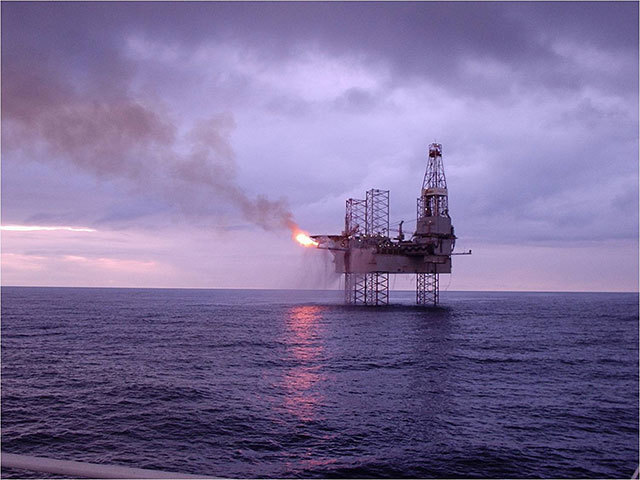
Independent offshore infrastructure owners should be subject to normal corporation tax to stimulate the growth of these companies, according to an oil and gas expert at law firm Bond Dickinson.
Uisdean Vass, oil and gas partner for Bond Dickinson in Aberdeen, told an audience of North Sea oil and gas bosses at a business gathering in the Granite City last night the current taxation model for independent offshore infrastructure owners was unfair and counter-productive to the needs of not just the industry, but also the UK economy.
Last year’s Wood Review encouraged the emergence of a class of independent infrastructure owners and Mr Vass said fiscal changes were one effective way of supporting this aim.
He added: “The Wood Review rightly sought to encourage companies to enter this business. As such, companies can only make money through tariffs on throughput – thereby incentivising throughput as quickly as possible for as long as possible.
“These companies are a welcome feature of the Gulf of Mexico regime in the US but the independent infrastructure industry is in its infancy on the UK continental shelf.
“In our view it is unjust that such companies are subject to ring-fenced corporate tax and supplementary charge, even though they never see the upside of a single barrel of crude oil.
“If we are to encourage the growth of these companies, they need to be subject to regular corporate tax.”
The March Budget significantly improved the UK oil and gas fiscal regime, with the supplementary charge reduced to 20% and petroleum revenue tax reduced to 35% from 50% previously. A new investment exemption to the supplementary charge was also announced.
Bond Dickinson says these changes were badly needed, even in the context of an industry which as recently as early 2014 was enjoying oil prices over US $100 per barrel.
